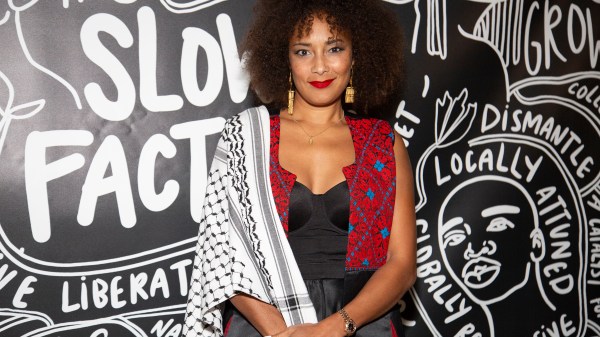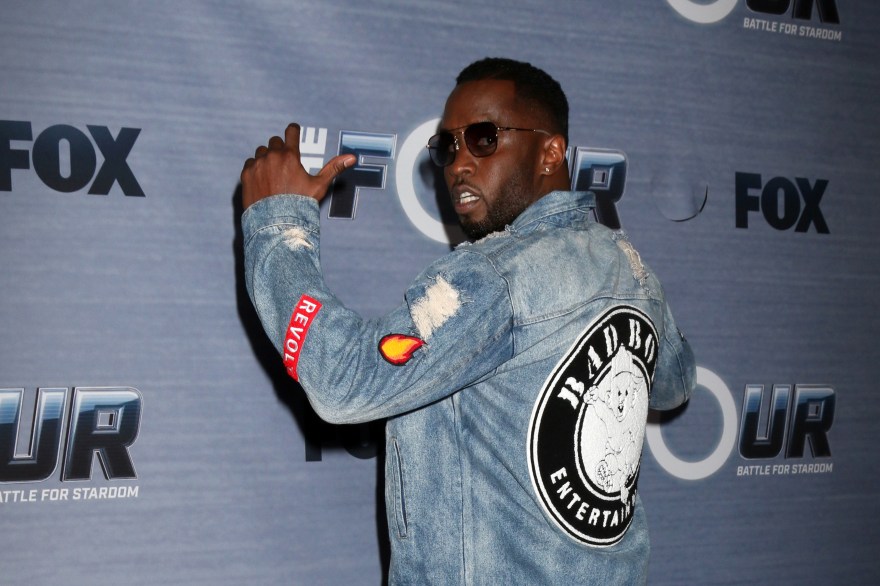Videos by According2HipHop
Despite recently dodging the most serious RICO charges in a separate federal case, Diddy’s legal troubles are far from over.
In a 32-page complaint filed Tuesday in Los Angeles Superior Court, Dominica-born performer Edmond Laurent accuses the Bad Boy founder of sexual battery, assault, civil conspiracy, and more, seeking $10 million in damages.
Laurent, who appeared in early 2000s music videos for Britney Spears and Lil’ Kim, also worked as an exotic dancer under the stage name “Islander.” According to the lawsuit, the alleged abuse began after he was booked to perform at a bachelorette party at a L.A. hotel—an event he claims was orchestrated through his agency but used as a trap.
What followed, he says, were multiple instances of sexual assault at luxury hotels including the Intercontinental, SLS, and Mondrian. The complaint accuses Diddy and an unidentified woman of repeatedly drugging him with substances such as GHB, Rohypnol, and ketamine before allegedly raping him. One of the more disturbing claims in the suit is that the woman allegedly broke a condom with her nails during one assault, resulting in Laurent contracting a sexually transmitted infection. He also says he later developed stomach cancer, which he links to the trauma and untreated illness stemming from the alleged abuse.
“This lawsuit is not just about seeking justice for one man — it is about holding powerful individuals accountable when they use their influence to exploit, degrade, and destroy lives behind closed doors,” Laurent’s attorney, Rodney Diggs, said in a statement to *Variety*.
This latest lawsuit is part of a mounting avalanche of legal and public scrutiny surrounding the 54-year-old hip-hop mogul. Diddy, for his part, has continued to deny all allegations of sexual misconduct, calling them “fabricated” and attempts at a “money grab.” As of now, neither he nor his legal team have responded publicly to the new suit.
With this latest accusation surfacing, it’s clear Diddy’s legal saga is far from its final act. And as more alleged victims step forward, the courts—and the culture—will be watching closely to see whether power and legacy can still protect those at the top.























